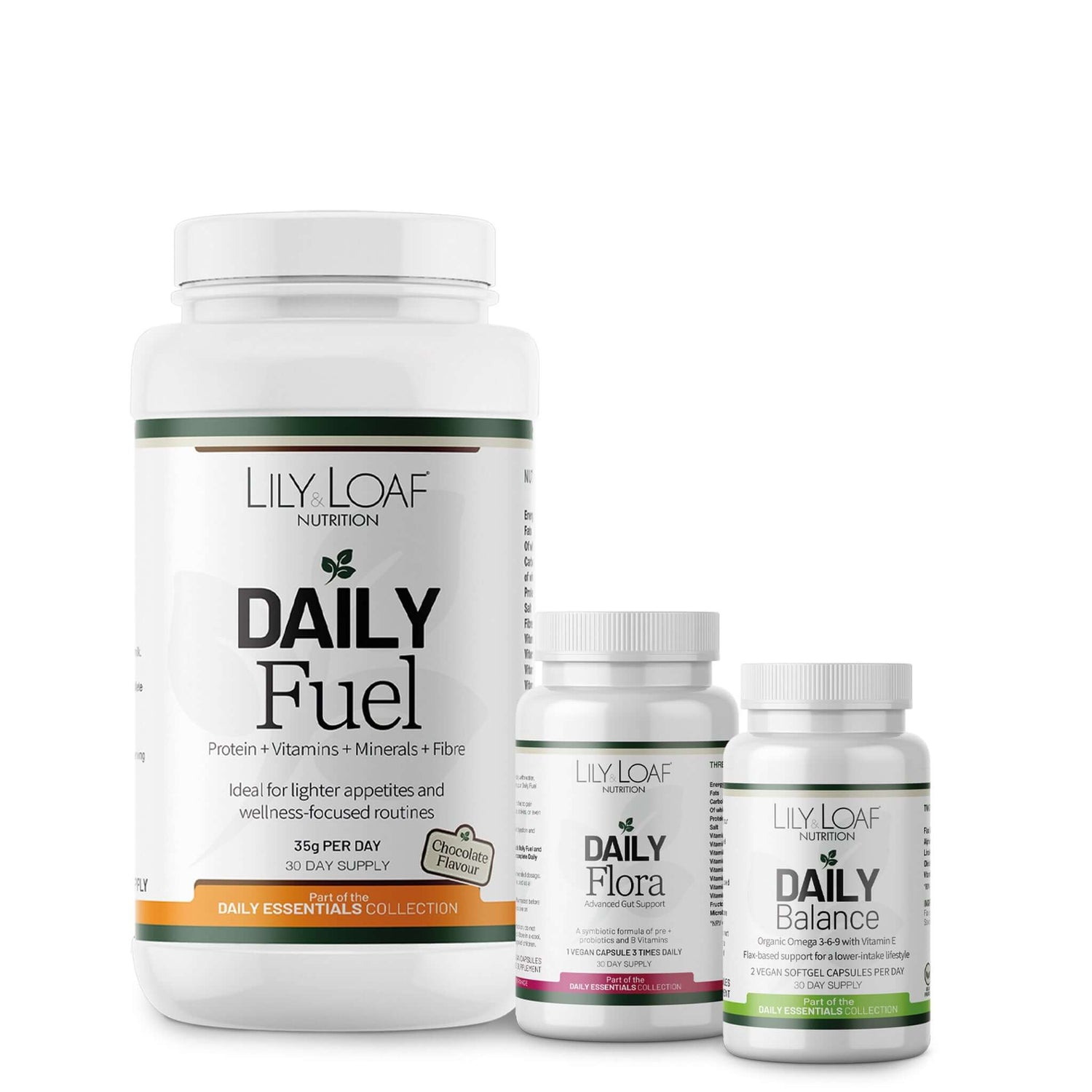- Home
- Business Growth Hub
- Sales & Marketing
- 5 Strategies for Upselling Supplements Without Being Pushy
5 Strategies for Upselling Supplements Without Being Pushy

Upselling supplements is a valuable strategy for enhancing your clients' health outcomes while simultaneously boosting your business revenue.
However, it's crucial to approach upselling with a customer-first mindset to ensure that your recommendations are both ethical and effective. By focusing on client care and genuine value, you can increase sales without coming across as pushy. Here are five practical strategies to achieve this:
1. Understand Your Client's Individual Needs
Begin by conducting comprehensive assessments to grasp each client's health goals, dietary habits, and lifestyle.
This approach allows you to identify specific nutritional gaps or health concerns that supplements can address. For instance, if a client is experiencing low energy levels, you might suggest a natural energy-boosting supplement tailored to their needs. By aligning your recommendations with their personal objectives, you demonstrate genuine care for their well-being.
To delve deeper, consider utilising tools such as the Lifestyle Analysis, it’s a great tool if you’re not sure where to start.
This can help uncover underlying issues that clients may not have articulated, providing a clearer picture of their health status. Additionally, maintaining open communication channels encourages clients to share updates about their health, enabling you to adjust supplement recommendations as needed.
2. Educate Clients on the Benefits
Empower your clients with knowledge about the supplements you recommend. Explain how each supplement works, its benefits, and any supporting scientific evidence. For example, discuss how certain antioxidants can combat oxidative stress and support overall health. Providing transparent information helps clients make informed decisions and builds trust in your expertise.
Consider sharing links to the various comprehensive guides on the customer website, or blog posts and videos that detail the benefits and mechanisms of various supplements. These resources can serve as valuable references for clients who wish to learn more at their own pace.
3. Create Natural Opportunities for Discussion
Integrate supplement recommendations seamlessly into your consultations. For example, during a discussion about a client's difficulty sleeping, you might mention the benefits of a natural sleep aid. By addressing supplements in the context of their current concerns, the suggestion feels more like personalised advice rather than a sales pitch.
Timing is crucial in these discussions. Introducing a supplement recommendation when a client expresses a specific concern ensures that your advice is relevant and timely. This approach not only enhances the perceived value of your recommendation but also increases the likelihood that the client will be receptive to the suggestion.
4. Offer Customised Supplement Plans
Develop tailored supplement regimens that align with your clients' specific health goals. This could involve creating a phased plan where additional supplements are introduced as clients progress. For instance, start with a foundational supplement such as a multi-vitamin or protein powder, and later suggest targeted products as new health objectives emerge. This approach demonstrates a commitment to their long-term well-being and avoids overwhelming them with multiple suggestions at once.
Customised plans can be documented and shared with clients, providing them with a clear roadmap of their supplement regimen. Regularly reviewing and updating these plans during follow-up consultations ensures that the recommendations remain aligned with the client's evolving health status and goals.
5. Follow Up and Adjust Recommendations
After clients begin a supplement regimen, schedule follow-up sessions to assess their progress and gather feedback. This ongoing engagement allows you to adjust recommendations based on their experiences and evolving needs. For example, if a client reports improved digestion after taking a probiotic, you might discuss maintaining or adjusting the dosage for sustained benefits. Regular check-ins show that you prioritise their health outcomes over sales, encouraging trust and loyalty.
Implementing a systematic follow-up process, such as setting reminders for check-ins or utilising client management software, can help ensure that no client is overlooked. During these sessions, encourage clients to share both positive outcomes and any concerns they may have, allowing for a comprehensive evaluation of the supplement's effectiveness.
Additional Strategies to Enhance Upselling Efforts
Beyond the core strategies outlined above, consider the following approaches to further support your clients and enhance your upselling efforts:
- Social Proof: Share testimonials or case studies from other clients who have benefited from specific supplements. Or share reviews from the product page on the website. Hearing about others' positive experiences can reinforce the value of your recommendations.
- Create a Sense of Urgency: Occasionally, offering time-limited promotions or highlighting low stock levels can encourage clients to make a decision. Ensure that any urgency created is genuine to maintain trust.
By implementing these strategies, you can effectively upsell supplements in a manner that prioritises your clients' health and respects their autonomy. This customer-centric approach not only enhances client satisfaction but also contributes to the growth and reputation of your practice. Remember, the goal is to support your clients in achieving their health objectives, with upselling serving as a means to provide them with the best possible solutions.
Disclaimer:
Information and other content provided in Lily & Loaf blogs should not be construed as medical advice and should not be considered a substitute for professional medical expertise. If you have any medical concerns, you should consult with your health care provider.






